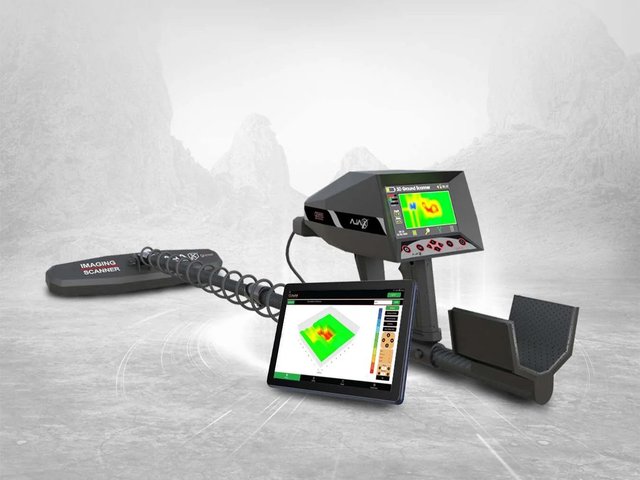Expert Tips for Finding Gold with a Gold Nuggets Detector
Gold prospecting has fascinated adventurers, hobbyists, and professionals for centuries. With the advancement of technology, discovering hidden treasures has become more efficient through specialized tools like a Gold nuggets detector. Whether you are a beginner or an experienced prospector, understanding the right techniques and strategies can significantly increase your chances of striking gold. This article provides expert guidance to help you use your detector effectively and locate valuable nuggets in different terrains.
Understanding the Functionality of Your Detector
Before heading out to the field, it is essential to fully understand how your detector operates. Each model has unique features, sensitivity levels, and frequency ranges designed to locate different sizes and types of gold. Take time to study the user manual, familiarize yourself with the controls, and practice in a controlled area. By mastering your detector’s audio signals and display indicators, you can distinguish between valuable targets and unwanted metals. Proper knowledge of your device’s functions will save you time and make your search more productive.
Choosing the Right Location for Prospecting
The success of finding gold often depends on where you search. Historical mining areas, dry riverbeds, and regions with known gold deposits are ideal locations to begin. Research old mining maps, geological surveys, and historical records to identify promising sites. Areas with exposed bedrock and crevices are often rich in gold, as heavier particles tend to settle in these spots over time. Spending time on research before you detect will greatly improve your odds of discovering valuable nuggets.
Adjusting Sensitivity and Ground Balance
Setting the correct sensitivity and ground balance on your detector is crucial for accurate results. High sensitivity helps detect smaller nuggets, but if set too high, it may produce excessive noise from mineralized ground. Ground balance allows your detector to ignore signals from naturally occurring minerals in the soil, focusing only on potential gold targets. Adjust these settings carefully depending on the terrain to avoid missing hidden treasures or getting false signals that can waste time and effort.
Listening Carefully to Audio Signals
Audio signals play a significant role in identifying potential targets. Most detectors produce different tones or variations in pitch to indicate different types of metals. A faint, consistent signal often points to a small but valuable nugget buried deeper, while loud, sharp tones usually indicate larger objects near the surface. Take your time to train your ear to these distinctions. Experienced prospectors often rely more on sound than the visual display, as audio feedback can reveal subtle differences that lead to successful finds.
Using Proper Search Techniques
Technique matters as much as technology when using a detector. Sweep the coil slowly and steadily over the ground, keeping it parallel and close to the surface. Overlapping each sweep ensures that you do not miss any small targets between passes. Move systematically across the area, marking sections you have already covered. Patience and precision in your sweeping pattern can greatly increase your success rate. Avoid rushing, as fast movements may cause the detector to miss faint signals from smaller nuggets.
Digging and Recovering Targets Efficiently
Once you receive a signal, careful digging is essential to avoid damaging any potential nugget. Use a small digging tool or scoop and remove soil gradually, checking each handful with your detector to pinpoint the exact location. This method prevents accidental damage and allows you to identify whether the signal comes from gold or other objects. Fill in any holes after recovery to keep the area clean and safe for future prospectors. Responsible digging ensures the preservation of the site and maintains good relations with landowners and fellow treasure hunters.
Regular Maintenance and Practice
Consistent practice and maintenance of your equipment play a crucial role in long-term success. Clean your detector after each use, check for any loose parts, and update firmware if applicable. Regular practice sessions in various terrains help refine your skills and improve your ability to interpret signals accurately. Seasoned prospectors often emphasize the importance of dedication and continuous learning to master the art of gold detection.
By combining proper knowledge of your device, strategic location choices, and refined search techniques, you can maximize your chances of uncovering valuable finds. A Gold nuggets detector is a powerful tool in the hands of a well-prepared prospector, turning ordinary expeditions into exciting adventures filled with the potential for real treasure.
